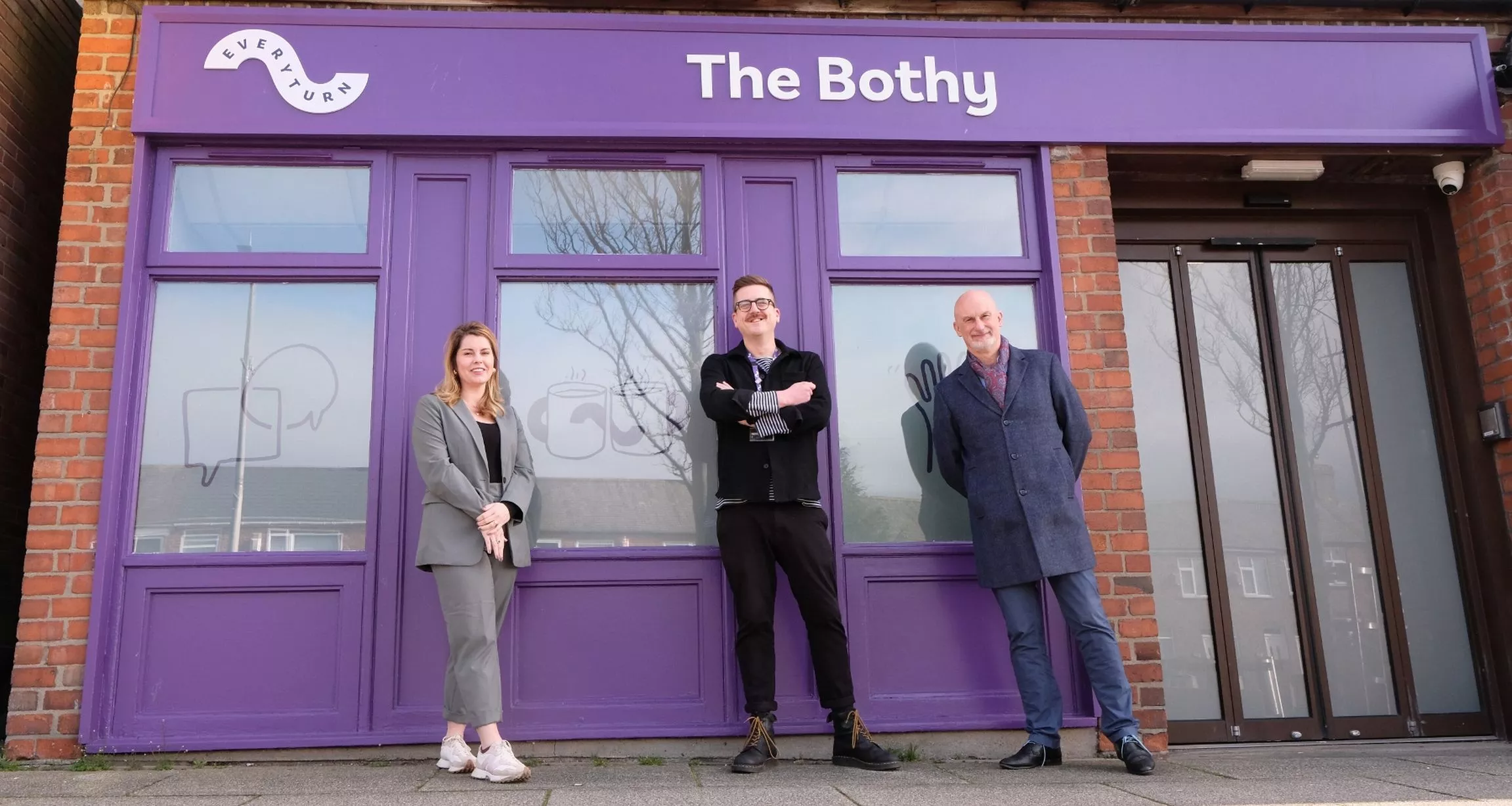
This week, the Pathway to Work Commission has launched a report arguing that to tackle economic inactivity, it’s essential that people are offered personalised support for their health. The report follows the biggest in-depth study of long-term worklessness, drawing evidence from over 700 people in Barnsley, South Yorkshire.
The Pathway to Work Commission proposes that local NHS integrated care boards should work alongside regional mayors to help people back to work, as around 2.8 million economically inactive people across the UK can’t work because of long-term mental or physical health conditions. The report makes clear that health support must play a central role in helping people into work.
Work can bring meaning, purpose, connection, and structure to our lives. At Everyturn, we know firsthand the benefits of linking job searching with health support. From 2017-2023, our Moving On Tyne & Wear (MOTW) programme supported over 3,400 people with disabilities and long-term health conditions to move closer to work. The personalised support helped to build participants’ confidence, improve their wellbeing, increase their skills, and bring them closer to work.
Over 1,300 of our MOTW participants gained employment, education, or training after our support, and over 2,200 improved their job readiness or began job searching. The economic benefits of the support is also clear – for every £1 spent on the programme, £1.99 of benefit was created.
We’re also proud be working with the North East Combined Authority to develop its North East Strategic Employment Plan. The plan will establish clear strategic regional priorities to tackle unemployment and economic inactivity, with the goal to create an inclusive economy. We’re proud to represent the voluntary, community, and social enterprise (VCSE) sector in the plan’s development. We’re bringing the knowledge and experience of our colleagues and the wider VCSE sector, emphasising the impact of person-centred employment support for people who experience health barriers to work.
 Liam Gilfellon, Everyturn’s Director of Relationships, said:
Liam Gilfellon, Everyturn’s Director of Relationships, said:
“High levels of unemployment and economic inactivity are a significant challenge in the North East. We know that being out of work impacts on someone’s quality of life and wellbeing, but we also know that living with a long-term health condition can be a real barrier to people finding fulfilling or sustainable work.
“We’re here to make sure that no one struggles alone, and we know that improving someone’s mental health and wellbeing involves looking at their whole life – including the satisfaction and stability that work can bring.
“We’re proud to represent our VCSE colleagues in the development of the North East Strategic Employment Plan, to make sure that people who are unemployed in the North East can benefit from our collective experience and expertise.”
North East Mayor Kim McGuinness said:
“I’ve seen first-hand the damage an inadequate and cruel benefits system can cause families. For too long people have faced punitive sanctions and penalties, rather than receiving the support they need. It’s failed people in areas like the North East, consigning them to unemployment and poverty.
“I welcome moves to bring health and back-to-work support together, however this needs to be rooted in communities, with local, tailored support. In my manifesto, we have plans to create Working Well hubs in every community to lift people up, rather than pull them down.
“In the North East, we stand ready to work with the government to get people back into work with the proper support they need – creating opportunity for people and prosperity for the country.”

North East Mayor Kim McGuinness, Everyturn Mental Health chief executive Adam Crampsie, and CNTW NHS Trust boss James Duncan outside the Bothy
(Image: ChronicleLive)
We know that collaborative working is the only way we can meaningfully support people with long-term mental or physical health conditions back into work. We wholeheartedly support the Pathway to Work Commission report’s conclusions, and we look forward to continuing to work closely with our local, regional, and national partners to bring us closer to an inclusive economy.